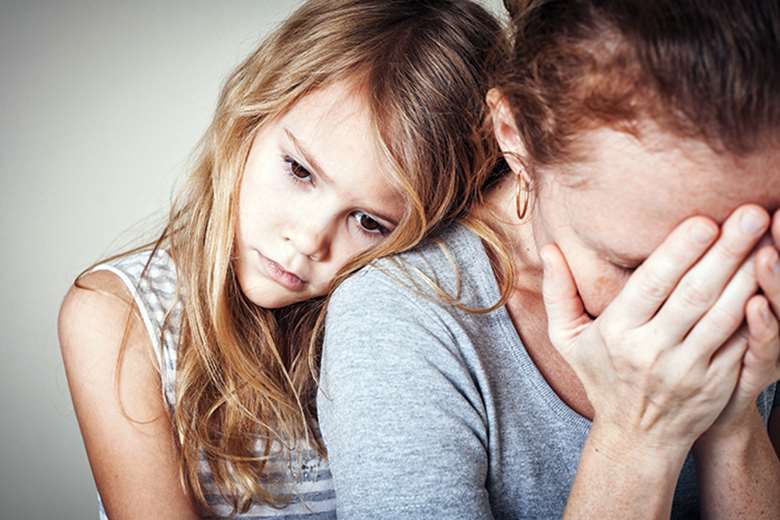Ask the Experts: Support domestic abuse victims
Jeanie Lynch, Colin Green, Tracie Trimmer-Platman and June O’Sullivan
Tuesday, February 14, 2017
Our panel offers advice on family support after domestic abuse, precision in social work, grieving young people and a nursery swing.

Q: I am working with a family where the children witnessed domestic abuse. There are concerns about their behaviour but mum blames it on her ex-partner and does not want to work with support services. How can I help?
Jeanie Lynch: Many children act out their trauma and distress by being aggressive, emotional and unwilling to form relationships with other adults. This can often be labelled as "disruptive behaviour" with children getting told off rather than given support.
The fact that you are aware of the situation and are in contact with mum is half the battle, even if she is unwilling to engage. If she knows your work with the children is helping them, even in a small way, she may be more likely to talk to you. Support from specialist services may be a step too far for her at the moment.
Try organising a family event to discuss the concerns and give you a starting point. If someone has a mistrust of professionals then they need time to get to know you before beginning to address such sensitive and complex issues.
Jeanie Lynch has more than 20 years' experience working as a senior manager developing support for vulnerable children and young people
Q: I want to encourage greater precision in recording by social workers. Any advice?
Colin Green: Precision matters. We record important and very sensitive information and depend on good records to exercise statutory powers with life-changing results.
Being precise means taking the time to ensure what is recorded is as accurate as possible and not open to interpretation.
The hardest areas to be precise about are where objective assessment is more difficult such as describing the relationship between a parent and child. If this is described as "good" then this must be backed up by specific observations. Rather than saying children are "doing well" or "struggling" at school, workers must provide detail on attendance, exam and test results.
In some areas it is hard to be precise and confident, for example on drug and alcohol use. Recording should recognise this. Records must include sources for all information and ideally uncertain and important details should be checked with more than one source.
Colin Green has been a social work practitioner, manager and leader, including director of children's services, in six local authorities
Q: A member of our youth club has died after being stabbed - the second time this has happened. Neither incident happened at the club but councillors and parents have called for it to be closed. Meanwhile our young people have been told they should not attend the funeral. What should we do?
Tracie Trimmer-Platman: Calls for the club to be closed and preventing the young people from going to the funeral are knee-jerk reactions. At such a time the young people need a safe, supportive environment where they can share their feelings, fears and stresses. Some will be grieving and the local authority should offer counselling.
No doubt there is concern or talk about "revenge" and this is a prime opportunity for youth work to intervene and calm the situation down. As for the young person's funeral - this really is up to the family. If your young people cannot attend then there are other ways they can say "goodbye" such as having a memorial get-together at the club or making some kind of tribute. Even just enabling the group to write their friend "final" messages can be so therapeutic and perhaps these could be sent to the funeral - which would perhaps be a reasonable compromise.
Tracie Trimmer-Platman is senior lecturer in youth and community work at the University of East London
Q: Our nursery has been given a new swing as a gift. How can we make best use of it?
June O'Sullivan: Pay attention to safety. Make sure the swing is securely concreted or pinned to the ground and doesn't rise up as the child flies in the air. Use a safety harness for babies and toddlers and check the balance of the swing is right so they don't tip out. Think about the space around the swing so other children don't get knocked over. Use your risk assessment process effectively.
Don't let the swing dominate the outside. Use it to encourage sociability. Use the swing to practise rhythm and rhyme. A swing can also be used for personal time for a child and key worker.
Swings are not just about adults pushing children. They can help build muscle as children use their legs to push themselves higher. Encourage parents to take their children to the swings in the park.
June O'Sullivan is chief executive of the childcare charity and social enterprise, the London Early Years Foundation
Email questions, marked "Experts", to cypnow@markallengroup.com




